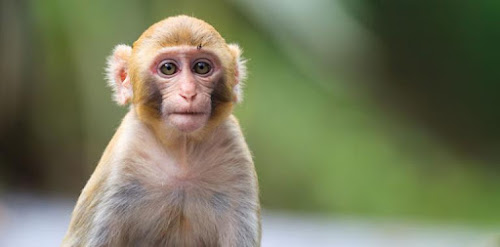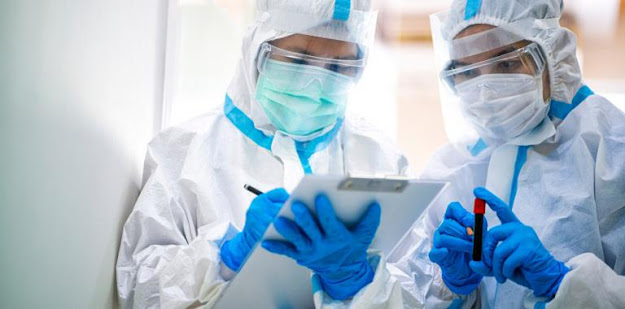Vaccine and COVID-19 infection generate immunity in macaques

ith nearly 5 million confirmed cases worldwide and more than 300,000 deaths from COVID-19 , much is still unknown about SARS-CoV-2 , the virus that causes the disease. Two critical questions are whether the vaccines will prevent infection with the new coronavirus and whether people who have recovered from COVID-19 are protected against re-exposure to the virus, something that a preliminary Spanish study questioned these days . Now, a couple of new studies led by researchers at the Beth Israel Deaconess Medical Center ( BIDMC ) in Boston suggest that the answer to these questions is yes, at least in animal models. The results of these studies on protection against reinfection , and on protection of a potential DNA vaccine , were published today in the journal Science. poker poker poker poker poker poker poker poker poker poker poker poker poker poker poker poker poker poker poker poker poker poker poker poker poker poker poker poker poker poker poker poker poker p...
